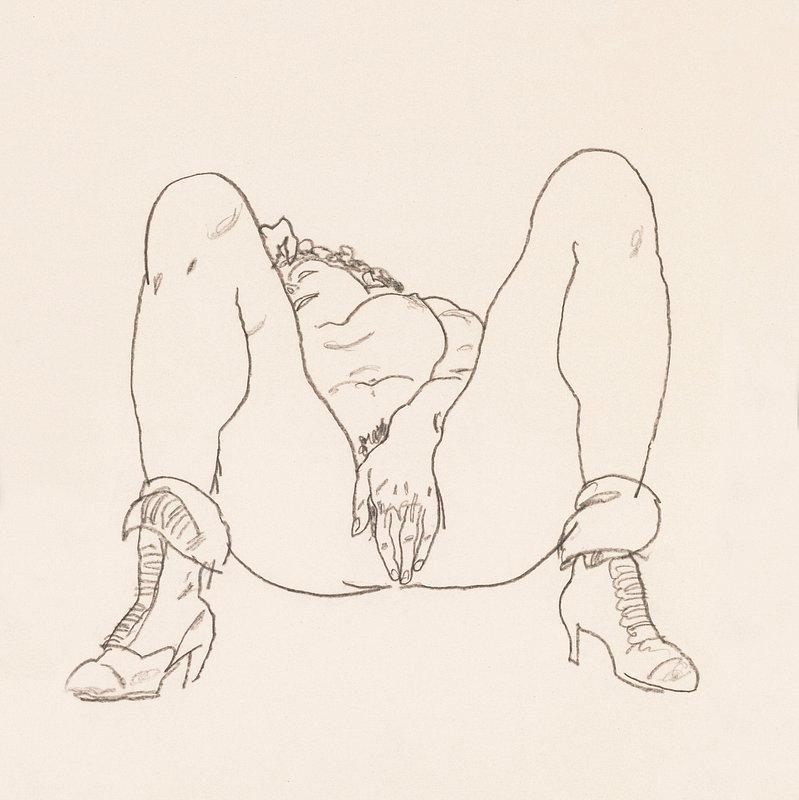
Prone Masturbation: Is it Really Bad for You
Hey there! Have you ever heard of prone masturbation? If not, you might be surprised to learn that this common technique could actually be harmful to your sexual health. In this article, we’ll dive into the controversial topic of prone masturbation and explore whether or not it’s really as bad for you as some experts claim. Let’s uncover the truth behind this taboo practice and see what the experts have to say!
1. Understanding the Concept: What is Prone Masturbation?
2. Exploring the Prevalence: How Common is Prone Masturbation?
Gauging the exact commonness of prone masturbation can be challenging due to the subject’s somewhat taboo nature, leading to hesitance in sharing personal experiences. However, various studies and statistics hint towards its prevalence. Some estimations suggest that around 2% to 10% of males engage in this practice at some point.
It is noteworthy that these figures should be taken with a grain of salt due to potential under-reporting and varying cultural perspectives on sexuality and masturbation. Despite the often faceless nature of online surveys and anonymous medical boards, many individuals may still feel reluctant to accurately report their habits.
Let’s not overlook the vital point that prone masturbation isn’t exclusive to men. Though research and statistics lean predominantly on males due to anatomical differences and societal norms, females may also engage in prone masturbation. The overall prevalence hints at a significant subset of individuals who practice this form of self-pleasure—a point warranting further exploration.
3. Analyzing the Impact: The Health Effects of Prone Masturbation
So far, we’ve navigated around what prone masturbation is and how widespread this practice may be. Now, let’s delve into how engaging in this form of self-stimulation might affect your health. According to various studies and experts, the habit could be linked to numerous physical and psychological impacts.
- Physical Consequences: This habit can become an issue if it conditions your body to respond only to this specific form of stimulation. Some people who masturbate pronely might find it difficult to achieve an orgasm through other forms of sexual activity. In some cases, there is also a risk of injury due to the intense pressure applied to the genitals during prone masturbation.
- Erectile Dysfunction: Prolonged engagement in this method could potentially lead to sexual problems such as erectile dysfunction since the pressure exerted might greatly exceed that in typical sexual intercourse.
- Emotional Stress: Relying solely on this type of masturbation could possibly bring about emotional stress from not being able to gain pleasure through any other means.
Remember, these implications are typically associated with habitual prone masturbation over long periods. Always listen to your body and be attentive to any changes in sexual response. Above all, it’s crucial to understand that sexual health is an essential part of overall well-being.
4. Guidance for Habit Change: Strategies to Transition from Prone Masturbation
Human nature can be complex and habit changing is often challenging, especially when the habit in question provides feelings of enjoyment and release like prone masturbation. Prone masturbation can be rewarding in the short term but has been linked to a variety of health disturbances. Here are some of the key strategies you can employ if you’re anticipating a transition from this habit.
- Identify Triggers: Knowing what causes these desires is a crucial step. It could be stress, loneliness, boredom, or even certain visual stimuli. Once identified, you can work to avoid these triggers or respond to them differently.
- Take Baby Steps: Going cold turkey can often be counterproductive leading to more intense desires later. Try reducing frequency gradually. Instead, substitute this time with other activities that generate similar feelings of pleasure or relaxation.
- Develop a Reward System: A transition from a long-standing habit is no small feat. Ensure you acknowledge each milestone. Rewarding oneself for each small victory, however small, can act as a major motivational boost.
- Seek Support: You’re not alone on this journey. There are various support groups, and helplines available that can assist you during tough times. Remember, there’s no shame in seeking help.
Breaking out of this habit may feel like a Hercules-like feat, initially. But with an understanding of the urge, patience, and continued persistence, it is surely achievable.
5. Professional Advice: The Benefits of Consulting a Sex Therapist
Working with a professional can open up new insights and perspectives on your sexual behavior and overall health. For individuals who regularly engage in prone masturbation, seeking advice from a sex therapist might end up being a game-changing decision. Sex therapists specialize in understanding the range and nature of human sexuality, and can ably guide you towards healthy habits and self-awareness.
Why Seek Professional Help?
When you consult a sex therapist, you gain access to a rich pool of knowledge and experience about sexual health. Decisions about how to masturbate, frequency and any changes you might want to implement could be more accurately guided based on their input. They understand the intricacies of sexual behavior, and could therefore provide holistic strategies not only for the physical aspect but also the psychological factors surrounding your habits.
Fostering Open Conversations
A main advantage of consulting a sex therapist is making your sexual health an open conversation. They create a nonjudgemental environment for you to freely express your concerns and ask any questions that you might have. This could lead to developing self-acceptance, breaking stigmas, and normalizing talk about sexual health which contributes to a better overall wellbeing.
Remember, each individual is unique and what works for one, might not necessarily work for another. Professional guidance may expedite your journey in transitioning from prone masturbation into healthier practices.
In Conclusion
In conclusion, if you’re asking whether prone masturbation is really that harmful, the answer isn’t straightforward. Like many aspects of our lives, it all boils down to moderation and understanding your body. Anything done in excess or in the wrong way can lead to potential issues. If you’ve been practicing prone masturbation and experiencing difficulties, possible solutions could be to alter your method or seek professional advice. However, always remember that exploring and understanding your sexuality is a personal and private journey. There’s no standard manual or instruction set for pleasure; it’s different strokes for different folks, pun intended. At the end of the day, it’s about keeping the communication channels open with your body, knowing what feels right and comfortable for you. So, stay mindful, stay healthy, and keep exploring pleasure in the safest, most respectful way possible, whether you’re doing it face down, face up or standing on your head.
FAQs
- What is Prone Masturbation?
Prone Masturbation is a type of masturbation where men typically lie face down and thrust their penis against a surface, like a mattress or a pillow. - Can Prone Masturbation be harmful?
Yes, it can be. Prone Masturbation could potentially lead to sexual dysfunction, and cause problems while performing common sexual activities. - How could prone masturbation lead to sexual dysfunction?
Prone masturbation can condition the body to respond only to the intense pressure experienced during this act, thus making it difficult to achieve an orgasm through regular masturbation or sexual intercourse. - Should I completely avoid prone masturbation?
While it’s not necessary to totally avoid it, limiting frequency might be beneficial because of the risk of causing sexual dysfunction. - How can I break the habit of prone masturbation?
The best way to break this habit is through gradual transition. Trying different masturbation techniques, reducing frequency, and seeking professional help if required, are some methods you could employ. - Is any kind of masturbation harmful?
No, masturbation itself isn’t harmful. However, when specific techniques like prone masturbation become a consistent routine, it may lead to sexual problems.






